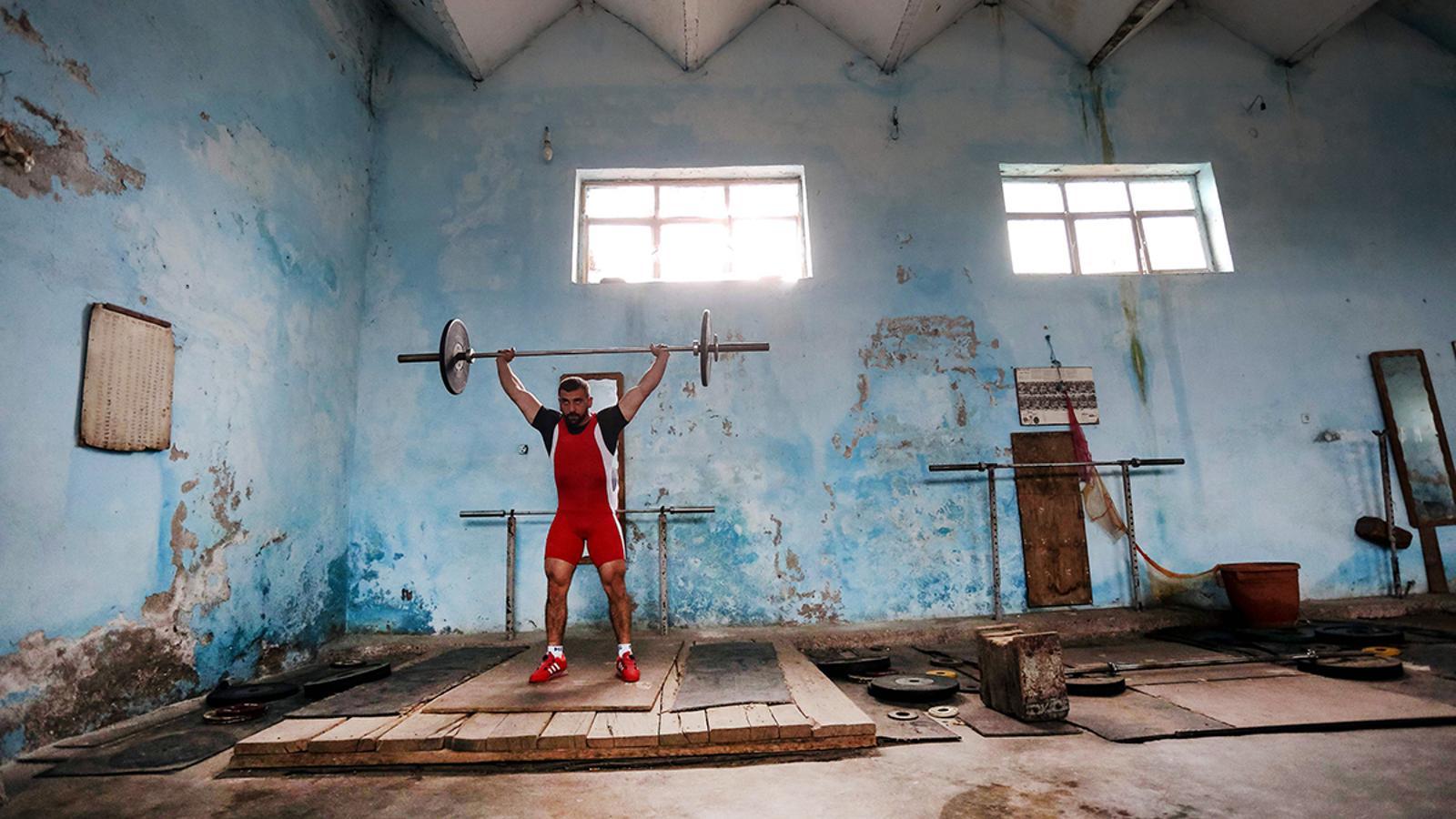

Pedagogist Daisy Christodoulou has drawn attention to something surprising. While everyone in the pedagogical world is talking about the skills of the future and the need to adapt our curricula to the new demands of the labor market, fitness is experiencing a golden age, although in the world of cognitive capitalism, jobs increasingly depend on brains and less on brawn. It seems obvious that anyone who goes to a sports center wants to face desirable challenges.coach to spare us from them would be useless.
Until the 1970s, fitness was a secondary concern for most people. Today, it's a priority for a growing number of people, to the point that it consumes a significant portion of their budget. Never before have so many people voluntarily sweated, although "staying physically fit" won't be on the skill lists of the future. I insist: as technology has freed us from physical exertion, more people have decided to take care of their bodies.
Why doesn't the same happen with the intellectual form?
No one abandons their physical fitness on vacation. In fact, beaches and swimming pools have become showcases for sculpted bodies. However, if parents ask their child to spend half an hour a day on vacation reading or doing math problems, it seems they are not respecting their child's right to an intellectual vacation; that is, to keep their intelligence dormant.
What's at stake is the ambition we project onto ourselves. If technologies are anthropological prostheses that amplify who we are, shouldn't we be concerned about who we are? Shouldn't we be ashamed of not having intellectual ambitions?
Not everyone needs the ambition to be an intellectual, but it would be helpful if there were many people willing to not set strict limits on the expansion of their aspirations, to not give up on facing desirable difficulties. This isn't always easy, but it's what makes us human.
Today we cannot rule out the possibility that technological progress will lead us to greater well-being and more years of life... while softening the explosion of spiritual life. That is why it would be desirable to turn schools into centers of fitness intellectuals where all those skills are achieved that may not be the most productive or those that most stimulate consumer confidence, but help us understand the processes of things.
A considerable number of educators insist that schools should be places where new generations develop what new technologies cannot do. I argue that they should strive to focus on humanizing what new technologies can do more quickly than we can. It should not be machines that determine the scope of our human expansion or the areas of our desirable difficulties.
Sam Altman (CEO of OpenAI and one of the masterminds behind the rapid development of AI) has just appeared before a US Senate committee. He spoke of the wonderful world we have at our fingertips, but as Matteo Wong wrote in The Atlantic, refused to read a note he had written that said: "This future can be almost unimaginably bright" only if "a version based on democratic values such as freedom and transparency prevails over an authoritarian version."
"Our children will not live on a planet controlled by the algorithms of our 'adversaries,'" Donald Trump recently declared, implying that they will inevitably live controlled by algorithms.
I want to imagine a school that is a true intellectual gymnasium, that encourages students to grapple with problems before seeking help, that broadens the scope of their understanding of the world and not just the speed of what they do, that encourages the boldness of questioning, that doesn't allow itself to be seduced by thinking with a sense of correctness—vegetarians will never attack a predator. I want a school that teaches us how to use GPS, but that stimulates our desire to enjoy the landscape, because, strictly speaking, we won't have traveled if we arrive very quickly at our destination but with a poor mental representation of the landscape we've crossed. Obviously, we must start by ensuring that all our students know how to read, write, and speak (including the language of nature, which is mathematics).
